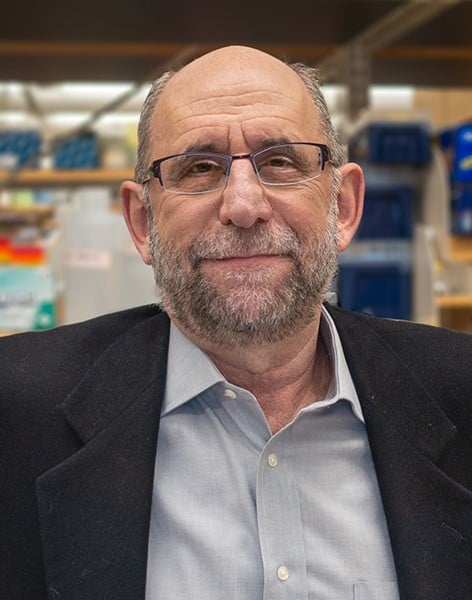- Bach, Ingolf
- Baehrecke, Eric
- Benanti, Jennifer
- Bergmann, Andreas
- Brodsky, Michael
- Cantor, Sharon
- Castilla, Lucio H.
- Fazzio, Thomas
- Flavahan, William
- Gottlinger, Heinrich
- Green, Michael
- Haynes, Cole
- Kaufman, Paul
- Kelliher, Michelle
- Kim, Dohoon
- Lawson, Nathan D.
- Lewis, Brian
- Lodato, Michael
- Mao, Junhao
- Mercurio, Arthur
- Ruscetti, Marcus
- Shaw, Leslie
- Simin, Karl
- Socolovsky, Merav
- Strohsnitter, William
- Tissenbaum, Heidi A.
- Torres, Eduardo
- Tupler, Rossella
- Wang, Yong-Xu
- Wolfe, Scot A.
- Zhang, Hong
- Zhu, Julie
- Bach, Ingolf
- Baehrecke, Eric
- Benanti, Jennifer
- Bergmann, Andreas
- Brodsky, Michael
- Cantor, Sharon
- Castilla, Lucio H.
- Fazzio, Thomas
- Flavahan, William
- Gottlinger, Heinrich
- Green, Michael
- Haynes, Cole
- Kaufman, Paul
- Kelliher, Michelle
- Kim, Dohoon
- Lawson, Nathan D.
- Lewis, Brian
- Lodato, Michael
- Mao, Junhao
- Mercurio, Arthur
- Ruscetti, Marcus
- Shaw, Leslie
- Simin, Karl
- Socolovsky, Merav
- Strohsnitter, William
- Tissenbaum, Heidi A.
- Torres, Eduardo
- Tupler, Rossella
- Wang, Yong-Xu
- Wolfe, Scot A.
- Zhang, Hong
- Zhu, Julie
Michael Green, M.D., Ph.D.
| Department Chair Vice Provost for Strategic Research Initiatives |
 |
|
| M.D., Ph.D.: 1981, Washington University School of Medicine | ||
| Postdoctoral research: Harvard University | ||
| Office: | UMass Chan Medical School 364 Plantation Street, LRB-628 Worcester, MA 01605 |
|
| Phone: | 508-856-5331 | |
| Email: | Michael.Green@umassmed.edu | |
Research Synopsis
My laboratory is interested in understanding the molecular basis of human diseases—in particular cancer and certain rare genetic disorders—and identifying factors and regulatory pathways that can be therapeutically targeted to treat these conditions. In general our research focuses on identifying new factors and regulatory pathways that promote or prevent cancer, and modulating gene expression as a therapeutic approach. To pursue these interests we use transcription-based approaches, functional screens (such as genome-wide loss-of-function RNAi- and CRISPR-based genetic screens) and proteomics methods to identify new genes, proteins, and regulatory pathways that are the cause of or contribute to the disease state. In addition, we are interested in developing new gene therapy approaches for cancer and other diseases. For a more detailed description of our research, click here.